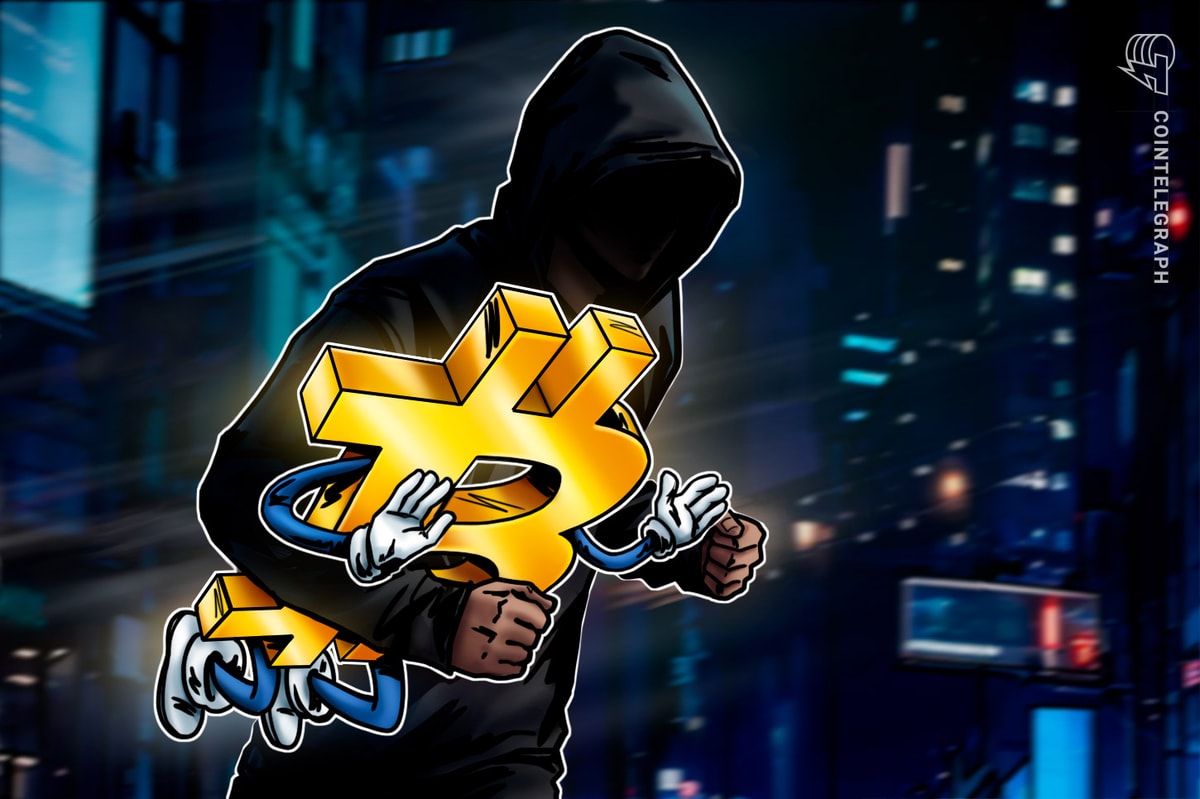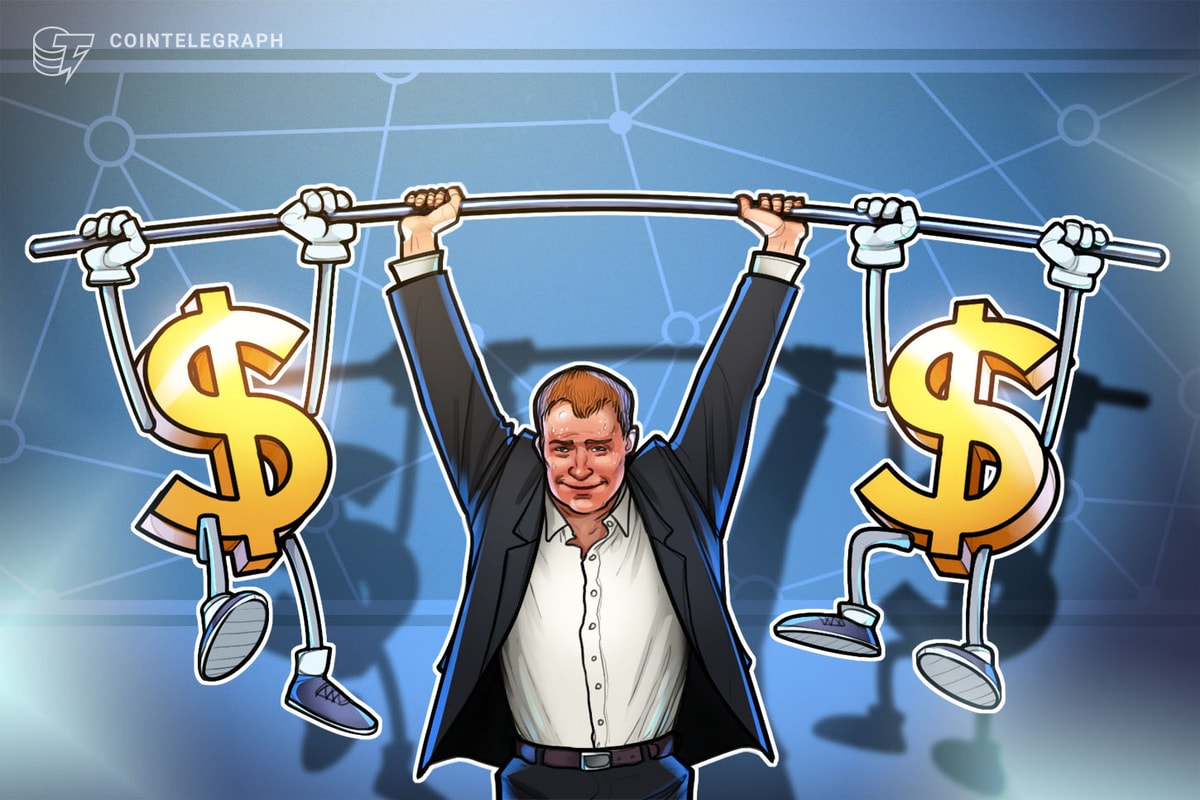Compared to the previous wave of GameFi projects, which overwhelmingly focus on play-to-earn features over the gaming experience, the subsequent wave of blockchain-inspired games cost at least seven to eight figures and spend years in production before they hit the market.
That’s according to Yezi, chief operating officer of Korean gaming studio Seraph. “We have spent over $10 million on development costs,” she told Cointelegraph regarding the firm’s upcoming Arbitrum dark fantasy ARPG Seraph: In the Darkness. “Initially, our project was self-funded and self-developed. Only recently did we start our first external fundraising round, which has already been completed, and an official announcement will be made soon.”
For Yezi, Web3 blockchain games actually hold significant advantages compared to their Web2 counterparts. “Web3 games encourage a greater sense of co-creation and promotion among players,” she commented. “The interaction between Web2 and Web3 players creates a unique chemistry that energizes market transactions and attracts more participants.”
However, the COO also emphasized the need for newer GameFi projects to provide a better gaming experience for players simultaneously to quality tokenomics. “Gamers are no longer satisfied with simple profit-calculating models like the previous games of Axies Infinity and StepN,” she opined. As Yezi explained, Seraph: In the Darkness recently had its preseason launch, which saw noticeable engagement:
“Over 60,000 players participated, with more than 30,000 owning advanced game characters and over 10,000 users making purchases. During this test phase, we achieved fiat revenues of $3 million, and we were able to allocate over $1 million for token buybacks according to the clause of our white paper.”

“This test phase preliminarily achieved the payment and conversion of traditional users to the Web3 domain, especially through veteran players’ livestreams,” she continued. The game is slated for launch later this year, with a free-to-play version and a paid version, should players wish to engage in trading and monetization.
Currently, the floor price of non-fungible token (NFT) equipment is 0.2 Ether (ETH), and there is a $50 entry fee to access the in-game transactions market. “Seraph Studio does not have plans to release any other games at the moment. However, our in-house developed custodial wallet, ActPass, will become a gaming asset issuance platform in the near future, and launching more quality games through investments or collaborations,” Yezi concluded.
Last month, Cointelegraph reported that Web2 players had spent hundreds — sometimes thousands — on in-game purchases that are supposedly theirs to keep but often ended up with nothing that lasts. On the other hand, blockchain operability has at least partially solved the problem by allowing players to buy, sell and own their immutable in-game assets.
Related: Bots, airdrops push Ronin to No.2 blockchain for daily users — Not Pixels fans









